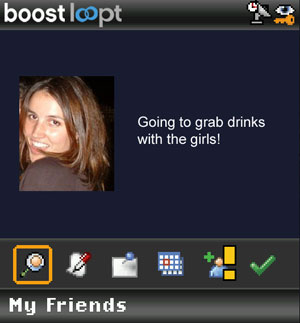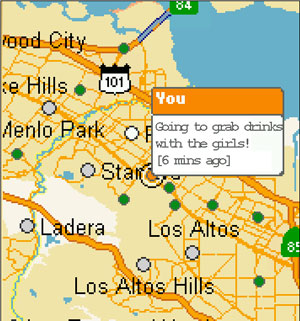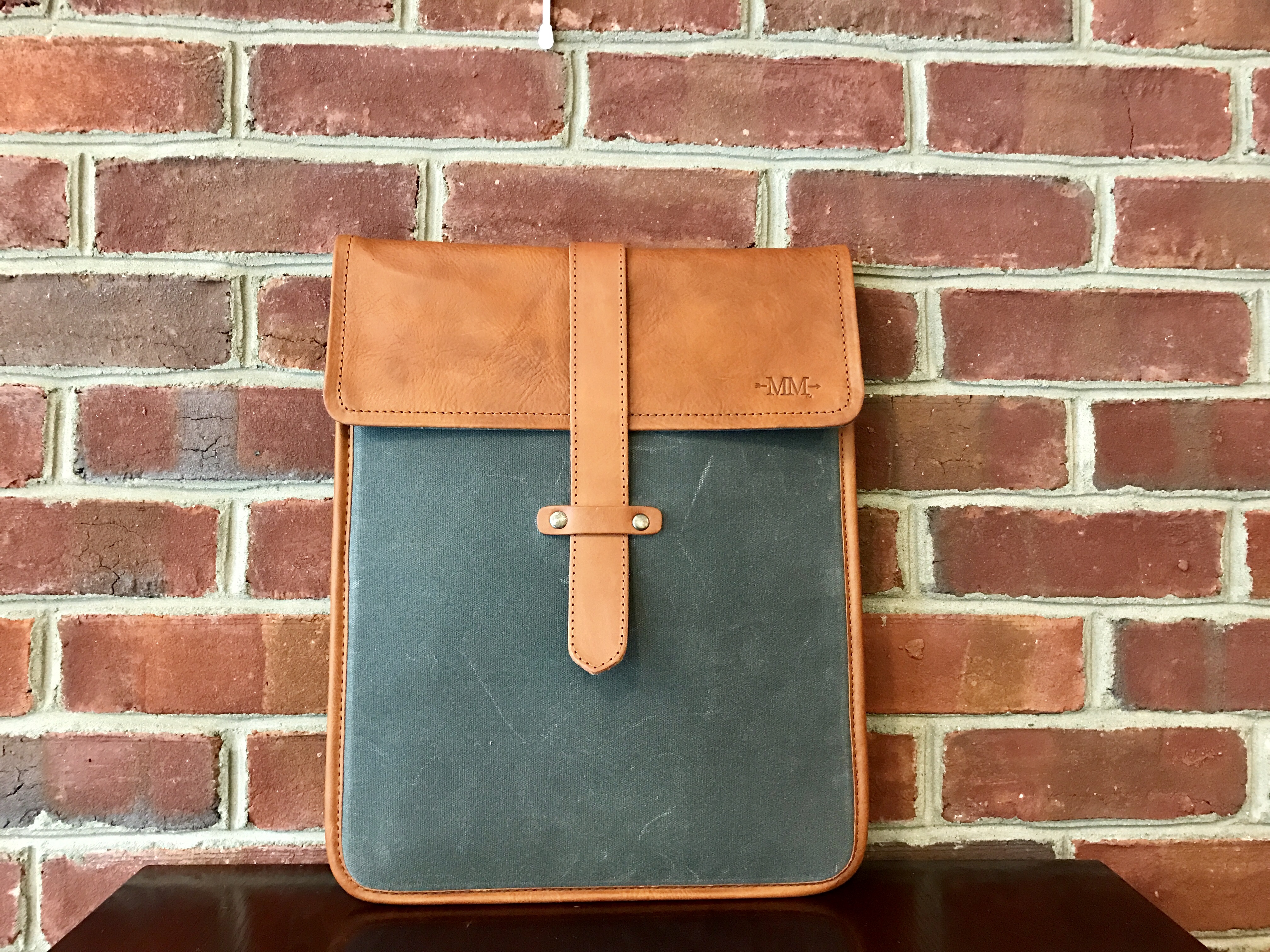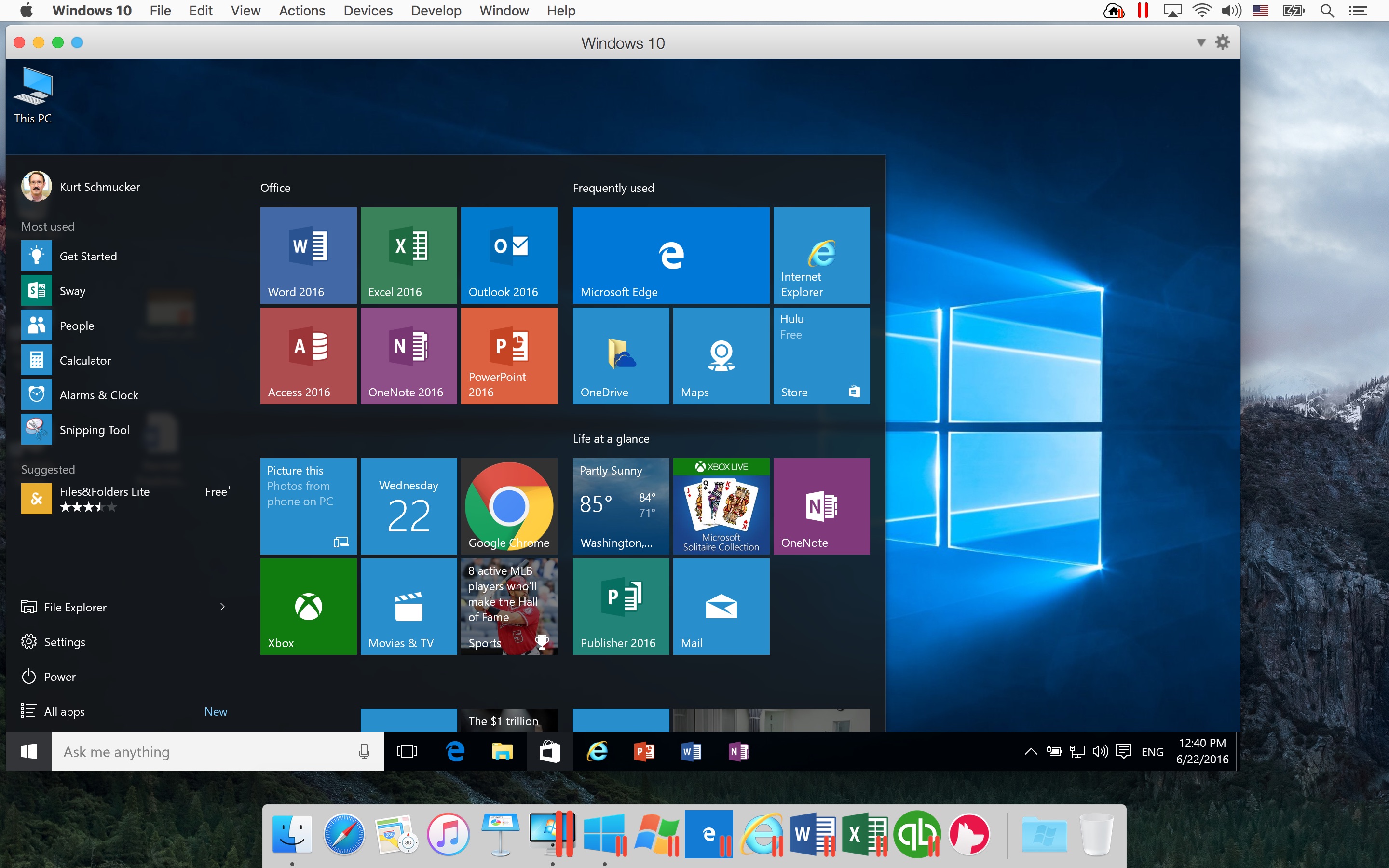âہ“Where are you?”
Thatâ€â„¢s one question you may never hear again if the founders of loopt have their way. Loopt enables mobile phone users to communicate based on location and proximity. The service perfect for the social butterflies who don’t mind sharing where they are with their friends.
Boost, Sprintâ€â„¢s prepaid wireless division, pre-installs looptâ€â„¢s application on all of its handsets. Founded by Stanford dropout Sam Altman, loopt is looking to expand beyond Boost and sign agreements with major carriers. According to a company spokeswoman, Loopt hopes to make a major announcement in the coming months.
The application allows users to set up profiles, add photos and a journal, just like popular social networking web sites. Once you add friends, and they accept your request, you can see where they are on a map. Their approximate distance from your location and a status message is displayed. Messages, invites and alerts can be set up, all based on where you are in relation to each of your friends.
Loopt was kind enough to loan me a Boost mobile phone and set up an account with several of its employees as âہ“friends.â€Â I could instantly see that one of my loopt friends was in Manhattan, one was in Palo Alto and another was just a couple of miles away from me in San Francisco.
 .
. 
click here to see a video demo of loopt
I felt like a voyeur, as I checked in periodically and read their status notes and journal entries. After using it for just a few minutes it became obvious that youâ€â„¢d only want to add friends that were REAL friends.
âہ“We want to improve real relationships, not virtual relationships,â€Â said Evan Tana, the companyâ€â„¢s marketing manager. âہ“Itâ€â„¢s meant to be used with good and trusted friends. This is meant for your 10 best friends or so.â€ÂÂ
Tana has 35 friends that use the service and says thereâ€â„¢s no reason he should be across the street from his best friends and not even know theyâ€â„¢re there. Tana frequently sets proximity alerts so heâ€â„¢s notified when friends are within walking distance.
âہ“It facilitates serendipity,â€Â Tana said. âہ“If youâ€â„¢re at a bar with two of your friends, you can see which other friends are down the street and invite them over.â€ÂÂ
I brought the phone out to happy hour and gave brief demos a group of friends who work in the tech industry. I asked each of them if they would let me add them to my loopt friends list if the service was widely available. Three said they would, four said no-way and one called me a creep for even asking, citing her privacy.
Loopt is fully aware of privacy issues, and has almost limitless options for configuring exactly how you share your location. Users must double-opt-in to be tracked by each other via GPS. There are no friend discovery search or discovery tools on loopt.
You can block individuals, groups of friends or hide your location completely at any time. And of course you can reject any friend requests. But this brings up an entirely new set of problems. Whatâ€â„¢s the proper etiquette when you choose to hide your location? I sent this question to Loopt and they wrote back:
âہ“Thereâ€â„¢s no doubt loopt is a behavior changer thatâ€â„¢s going to necessitate development of new social norms around the way we use cell phones. The location sharing feature is designed to allow users to block location from friends as discretely and politely as possible. A user hiding location simply doesnâ€â„¢t show up on their friendâ€â„¢s map. The friend doesnâ€â„¢t know whether the user is hidden because theyâ€â„¢re actively blocking that particular friend, the friendâ€â„¢s phone is off or they simply want to be off the map for a bit. Itâ€â„¢s very similar to the way people have learned to tactfully screen incoming calls from particular friends.â€ÂÂ
I can definitely see the value of using loopt, but the company needs to make some major improvements. The only geo-tagged locations youâ€â„¢ll find in loopt are user generated, which means you can see which street your friend is on, but you wonâ€â„¢t know exactly which restaurant heâ€â„¢s in. Thereâ€â„¢s also no local search function, but Tana says they are working on one that will allow users to find local points of interest.
One of loopt’s strong points is it mixes automatic tracking and manual activities. Users don’t have to punch away on their keypads to keep their friends up to date. Services like Twitter require constant attention.
The biggest drawback of the service as it stands is that itâ€â„¢s only available on Boost, a network that exactly zero of my friends or family use. If loopt were to land deals with Cingular, Sprint and Verizon this service could really take off. Tana says looptâ€â„¢s built their applications and services with this in mind.
A few years from now people will probably begin to adjust their expectations of privacy and how they communicate with their mobile devices. Whether its loopt or another service, location based services will become part of everyoneâ€â„¢s mobile computing experience.

